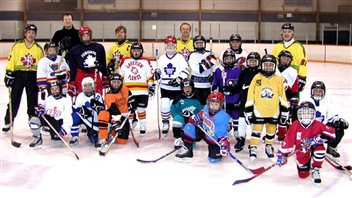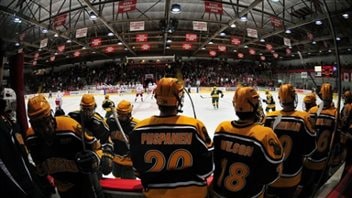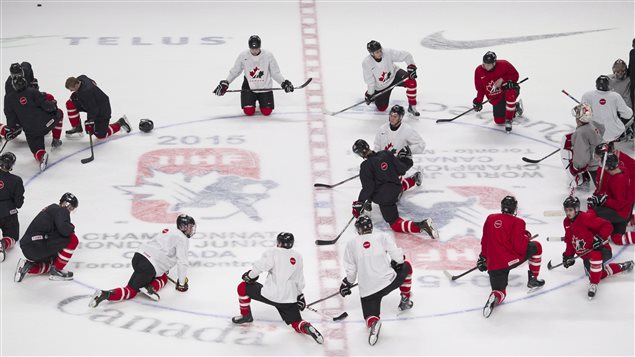The best young hockey players in the world are competing in Canada over the next 10 days in what is billed as a feast for hockey lovers.
The players from under-20 national teams from around the world are here in pursuit of glory: winning the annual shindig known as the International Ice Hockey Federation Junior Championship.

More than a few are also hoping to get noticed by National Hockey League scouts to earn a title shot: a career in the NHL.
Canada, which has not won the tournament in five years and finished out of the medals last year, began play Friday night against Slovakia.
Team members are the cream of Canada’s crop of junior hockey players, the ones who–if the things runs true to form–will get a legitimate shots at NHL careers.
Virtually all of them have survived the crucible that is Canadian amateur hockey: leagues that take root practically from the time kids exit kindergarten and culminate with a contract in one of Canada’s three major junior leagues, a confederation of 52 clubs in Canada and eight in the United States.
It’s a given that virtually every kid who ever laces up a pair of skates in Canada has one thought in mind–a career in the NHL.
The odds are preposterous.
Fact: Even for the dreamers who get as far a top-tier junior play, a miniscule five per cent will get there.
The other 95 per cent get left by the wayside, bound for beer leagues back hometown.
This after leaving home at 16 “to play junior,” many forsaking a focus on education, all working for peanuts.

But there’s blowback brewing. Junior hockey, one of Canada’s cherished institutions, is under legal assault from three class-action lawsuits now in Canadian courts.
The plaintiffs say low wages (as little as $35 a week), an overextended work week (up to 65 hours) and a lack of other benefits violate minimum-wage laws in every Canadian province and in the US states where the leagues have teams.
Many also say some junior teams fail to make good on promises of fund players’ education.
The plaintiffs want a lot of money in damages.
Junior league officials counter that the players are not employees or independent contractors and that they benefit from first-class coaching, facilities, equipment and education.
The lawsuits, they say, are way off base.
For some perspective on what’s happening and where the lawsuits are going, RCI turned to broadcaster, journalist and author Bruce Dowbiggin. Few-if any–have a better handle on Canada’s hockey culture.
He joined us from his home in Calgary.
Listen






For reasons beyond our control, and for an undetermined period of time, our comment section is now closed. However, our social networks remain open to your contributions.